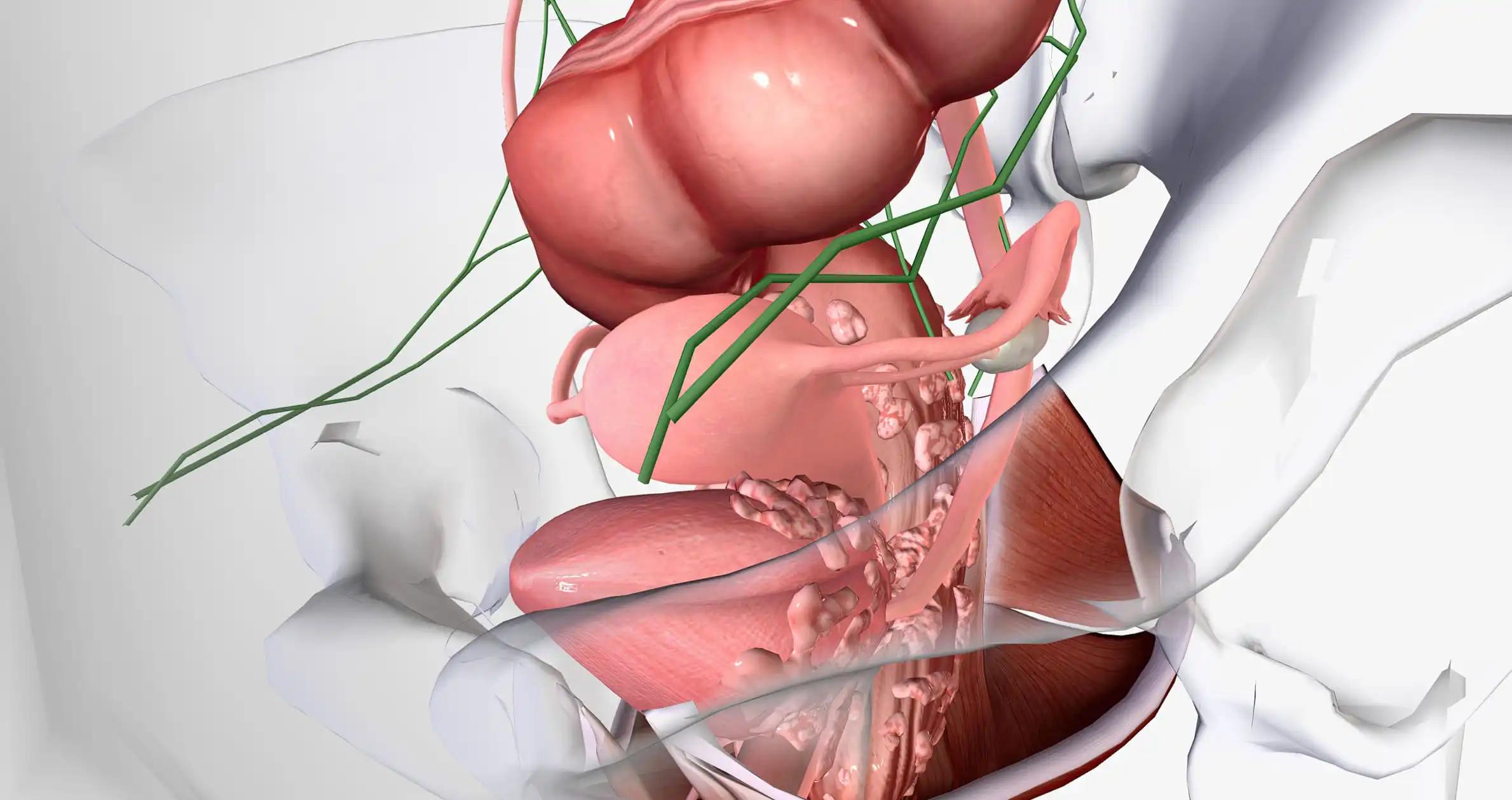KEY TAKEAWAYS
- A phase 3 TROPHY U-01 cohort-2 primary study on SG in mUC patients not eligible for Platinum therapy.
- SG demonstrated an ORR of 28% in PT-ineligible patients with mUC who progressed after CPI therapy.
- SG monotherapy demonstrated an ORR of 32% (95% CI, 17.5-48.7; 32% partial response) in PT-ineligible patients with mUC who progressed after CPI therapy.
- Median DOR was 5.6 months (95% CI, 2.8-13.3; n=12), and median PFS was 5.6 months (95% CI, 4.1-8.3).
- Grade ≥3 TRAEs occurred in 68% of patients, with the most common being neutropenia (34%), anemia (21%), leukopenia (18%), fatigue (18%), and diarrhea (16%). TRAEs resulted in an 18% discontinuation rate, and no treatment-related deaths were reported.
After CPI treatments, the therapy choices for patients with PT-ineligible mUC are severely limited. Protein G (SG) is an anti-Trop-2 antibody linked to the topoisomerase-I inhibitor SN-38 by a novel hydrolyzable linker. Positive findings from the key TROPHY-U-01 Cohort 1 study led to the FDA’s accelerated SG approval for patients with mUC who had progressed after PT and CPI treatments in April 2021. In 113 patients with locally progressed or mUC, SG showed a 27% objective response rate (ORR), a 10.9-month median overall survival (OS), and a tolerable safety profile in Cohort 1.
Preliminary results from the phase 2 TROPHY-U-01 Cohort 2 research showed that among PT-ineligible patients with mUC who had progressed after CPI therapy, SG had an ORR of 28%. (Petrylak et al. J Clin Oncol. 2020). Patients in Cohort 2 (18 y) were ineligible for PT because they had a creatinine clearance of 30 mL/min, an ECOG PS of 0-1 at screening, or both. Patients were given SG at 10 mg/kg doses on Day 1 and Day 8 of 21-day cycles. ORR, as assessed by the central RECIST 1.1 review, was the major outcome measure. The secondary outcomes comprised overall survival (OS), progression-free survival (PFS), and duration of response (DOR), as assessed by central review.
The goal point for sign-ups was somewhere around 40. At a 95% confidence interval (CI) of 40 points, the ORR would be between 25% and 57% (assuming a second-line ORR of 40%).
As of July 26, 2022, the median follow-up time for treated patients (N=38) was 9.3 months (range, 0.5-30.6) Patients had a median age of 72.5 years (range, 41-87), 61% were male, 50% had ECOG PS 1, and 66% had visceral metastases (29% had liver metastases). Half had previously had (neo)adjuvant PT, 18 percent had previously received enfortumab vedotin, and three percent had previously received erdafitinib, with the range of prior therapy being from one to five. The overall duration of past anticancer treatment was 4.2 months, and the median time since the last treatment was 1.6 months (range, 1-8). (range, 1-12). Through a centralized evaluation, they learned that the ORR was 32% (95% CI, 17.5-48.7; 32% partial response), the median DOR was 5.6 months(95% CI, 2.8-13.3; n=12),and the median PFS was 5.6 months (95% CI, 4.1-8.3).
There was a 1.4 month (1.3-1.5 month) median time to response and a 13.5 month (95% CI) median overall survival period. A total of 68% of patients experienced treatment-related adverse events (TRAEs), with neutropenia (34%), anemia (21%), leukopenia (18%), tiredness (18%), and diarrhea (16%) being the most common. Eighteen percent of people stopped taking their medication because of TRAEs. No deaths were attributed to any aspect of the treatment.
In PT-ineligible patients with mUC who had progressed after CPI therapy, SG monotherapy showed a high response rate with an overall acceptable safety profile. There were no fresh warning signs detected. These results lend credence to the idea that post-CPI examination of SG in patients with mUC is warranted.
Source: https://meetings.asco.org/abstracts-presentations/216727
Clinical trial: https://clinicaltrials.gov/ct2/show/NCT03547973/
Daniel P. Petrylak, Scott T. Tagawa, Rohit K. Jain, Manojkumar Bupathi, Arjun V. Balar, Arash Rezazadeh, Saby George, Phillip Lee Palmbos, Luke T. Nordquist, Nancy B. Davis, Chethan Ramamurthy, Cora N. Sternberg, Yohann Loriot, Neeraj Agarwal, Chandler H. Park, Julia Tonelli, Morganna Vance, Huafeng Zhou, Petros Grivas, (Tagawa, et al. J Clin Oncol. 2021). J Clin Oncol 41, 2023 (suppl 6; abstr 520), DOI:10.1200/JCO.2023.41.6_suppl.520



